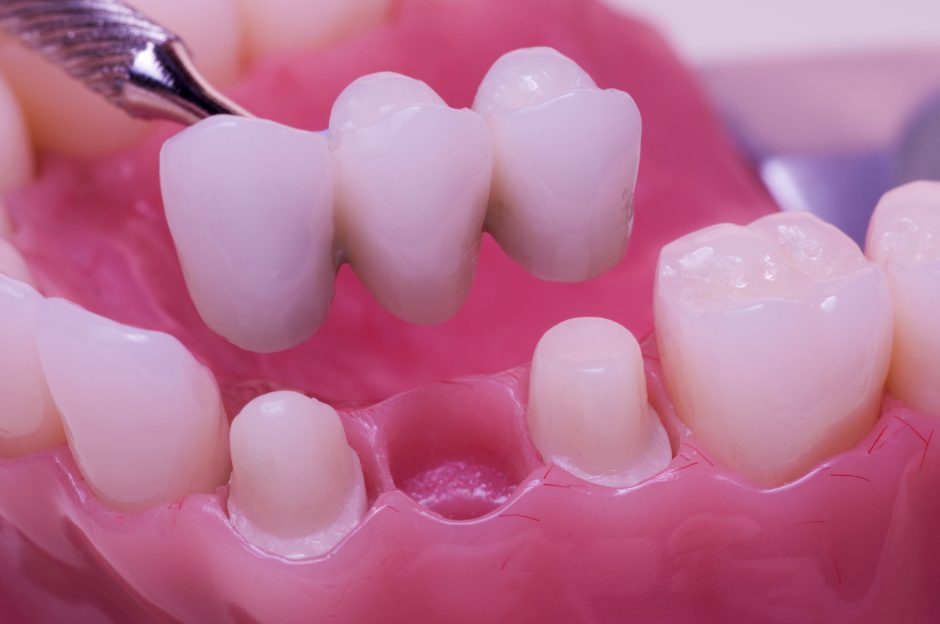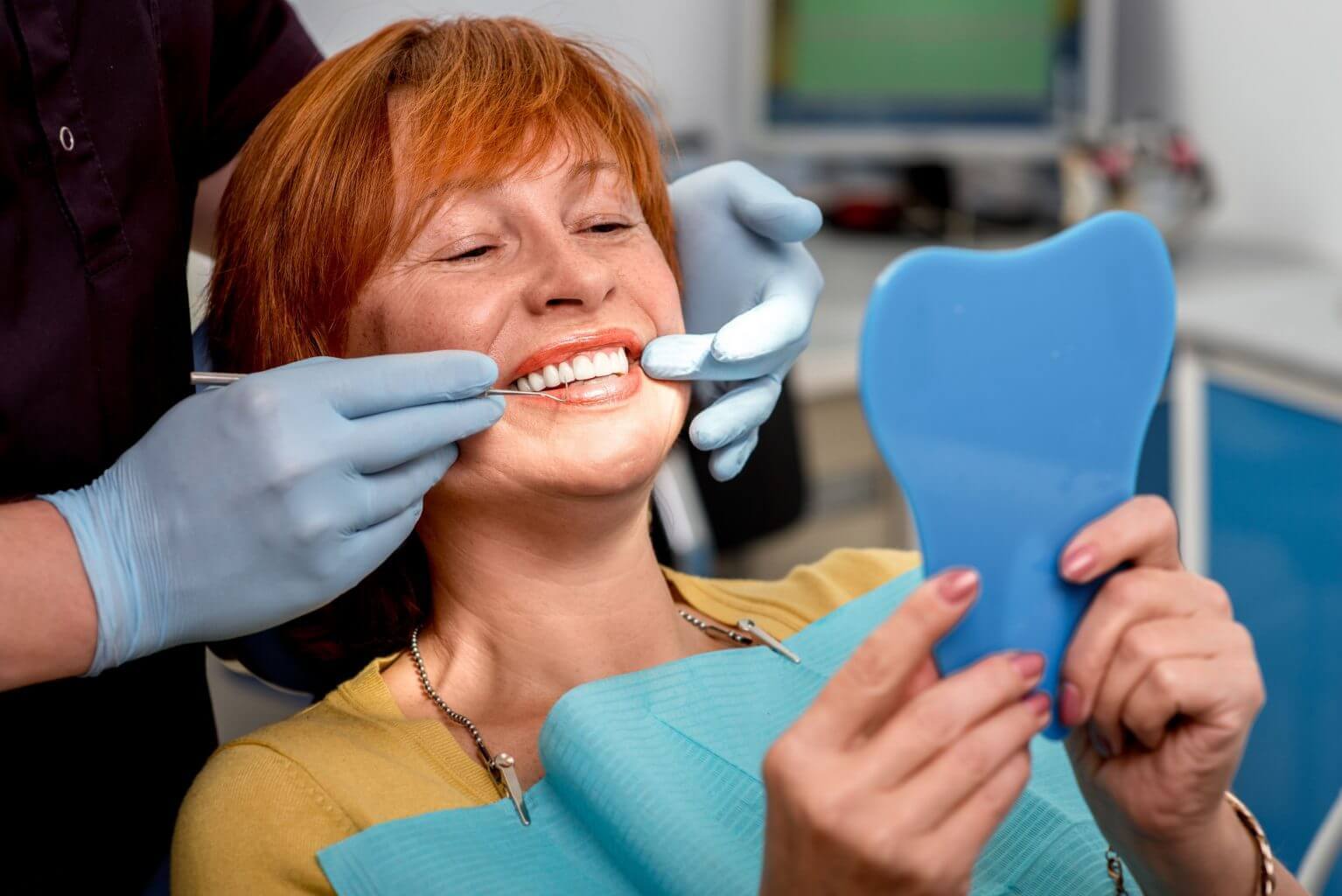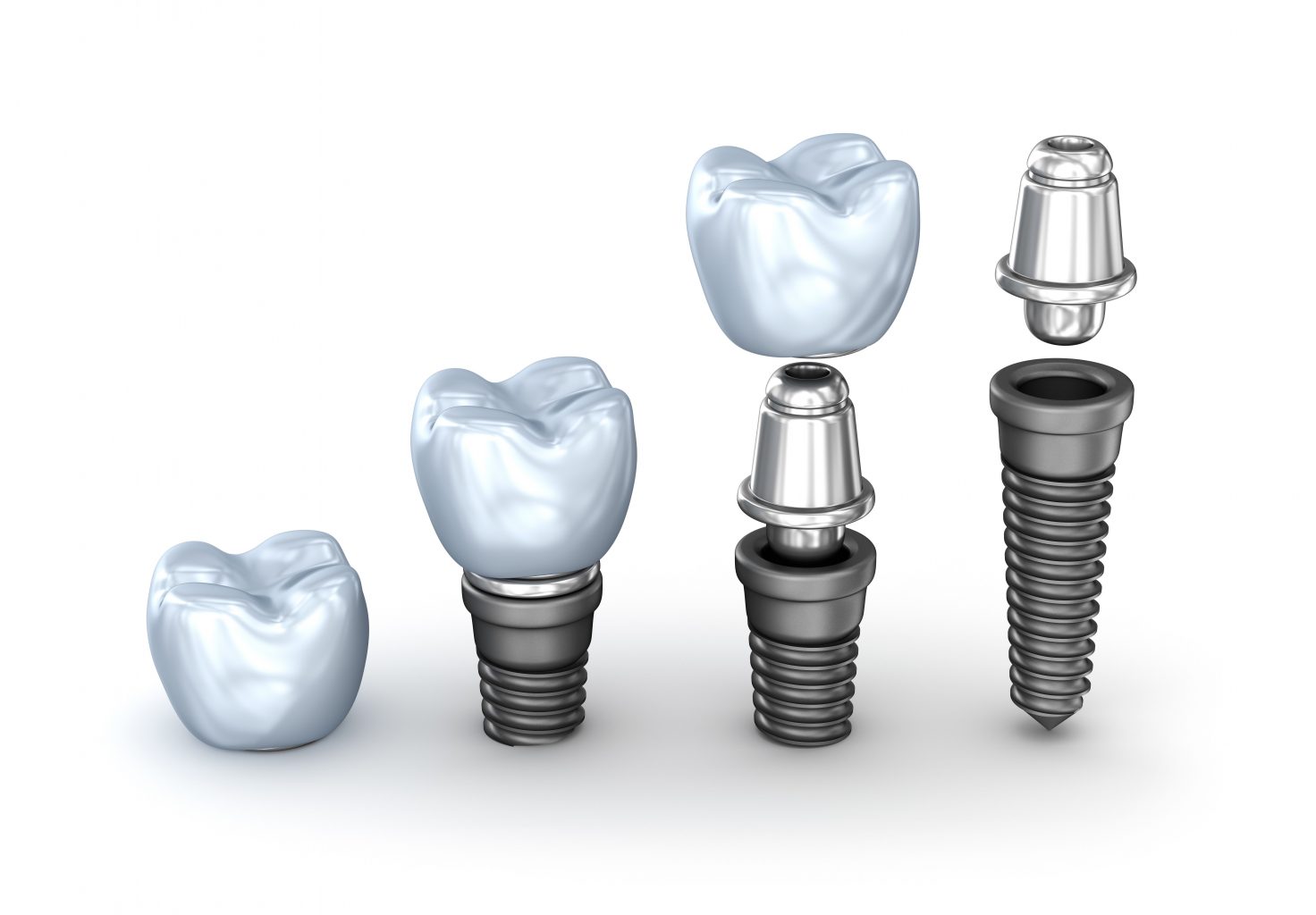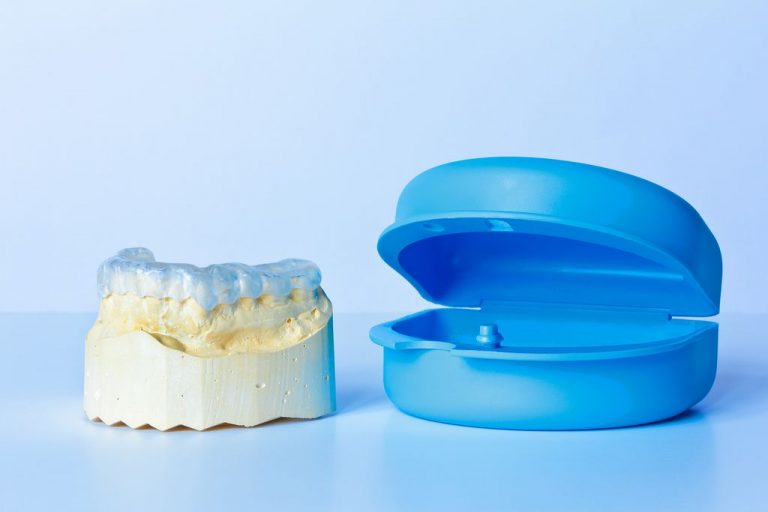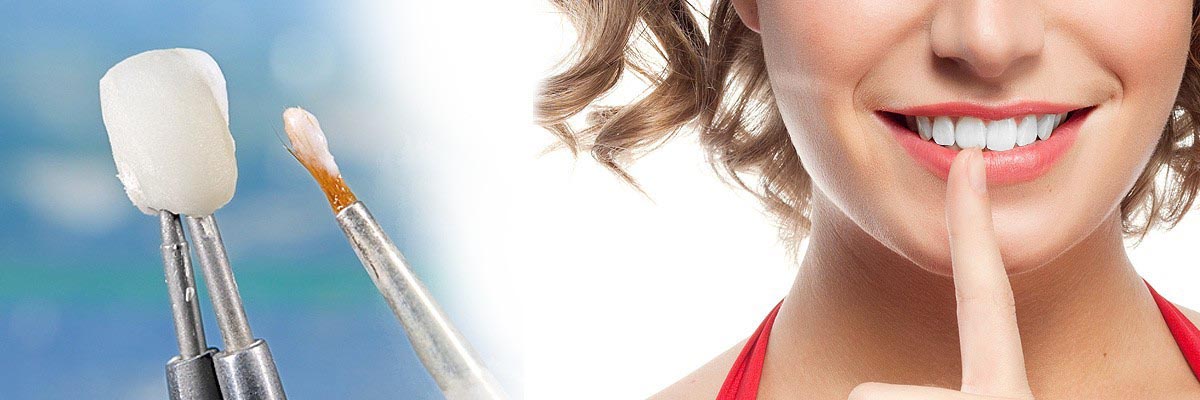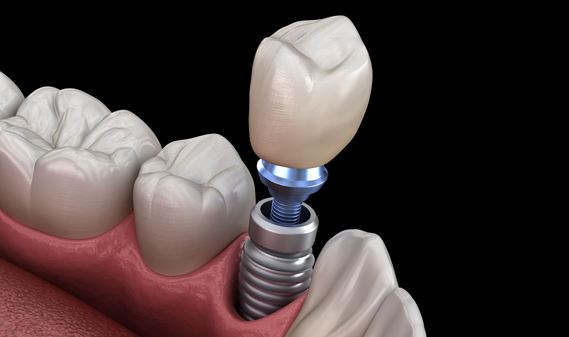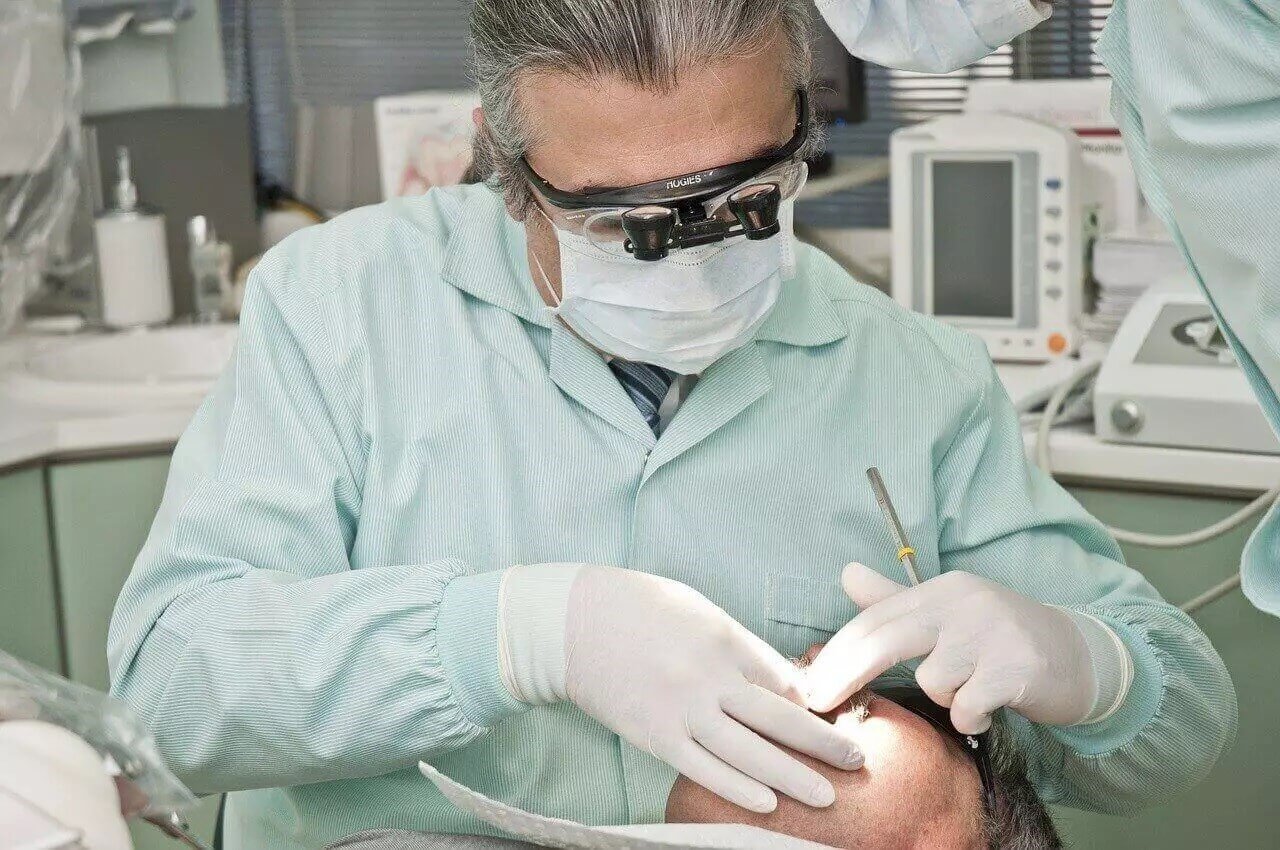Dental cleanings are an integral part of our oral health and are typically recommended twice a year. Keeping our teeth and gums free and clear of harmful bacteria is important. At Definitive Dental, our team is proud to offer general dental treatments, like dental cleanings, in Grande Prairie. We strive to provide quality services for our patients, and we always make sure that our patients are relaxed and comfortable during their visits.
However, some patients have asked us if having their teeth cleaned regularly can damage the enamel on our teeth. We hope that this article can help address this common concern and show why dental cleanings are safe.
Why Are Dental Cleanings Beneficial?
Dental cleanings every six months offer numerous benefits. These include:
- Cavity prevention
- Minimizing tooth loss
- Freshening your breath
- Brightening your smile
- Improving your health overall
When a dental hygienist cleans your teeth, they remove plaque and tartar that have accumulated. Plaque is the soft film that forms on your teeth after you eat, and tartar is the hardened form of plaque. Plaque is an acidic substance that can damage your teeth enamel and eventually cause cavities and gingivitis (gum disease), which can lead to tooth loss, if you don’t remove it by brushing, flossing, and getting regular dental cleanings. Note that over time, any plaque you don’t remove from your teeth turns into tartar, and only your dental hygienist can remove this.
Dental cleanings are particularly helpful for removing built-up wine, tea, coffee, and tobacco stains. This will leave your pearly whites looking brighter. Cleanings will also help you to maintain an odor-free and healthy mouth. And because a connection exists between your overall health and dental health, dental cleanings might reduce your risk of a stroke or heart disease.
Can Dental Cleanings Harm Teeth Enamel?
Dental cleanings are safe, as they do not damage the enamel on your teeth! There are some myths about dental cleanings online. Here are three of the most common ones we encounter.
Myth: Hygienists scrape away enamel
Some people mistakenly believe this because they hear their dental hygienist scrape and scratch off plaque and tartar from the surfaces of their teeth. The harder your tartar is, the more aggressively your hygienist will need to scrape.
However, your enamel is highly durable because it is composed of mostly minerals. Think of how many thousands of times your teeth bite down in a year — they’re pretty tough! As a matter of fact, your enamel is your body’s hardest substance; it is even harder than bone. For this reason, a dental cleaning won’t damage your teeth enamel.
Myth: Dental chemicals damage teeth
Some dental patients also worry that the chemicals used on teeth after dental cleanings may weaken their enamel. For instance, your dental hygienist will polish your teeth with pumice, a gritty, sandpaper-like substance that removes stains and smooths your teeth’s surface. Your hygienist may then apply fluoride to your teeth in the form of a rinse or varnish to strengthen the teeth enamel and help to prevent cavities. Both fluoride and tooth polish are safe. In light of this, you don’t have to worry about either of these chemicals causing damage to your teeth enamel.
Myth: Dental cleanings have harmful side effects
Note that some patients will experience some soreness around their gums following dental cleanings, but this is normal. Although rare, other side effects may include slight bleeding or an infection. However, none of these is a sign of damage to the enamel on your teeth. For this reason, dental cleanings are indeed safe.
The reality is cleanings safely remove the plaque and bacteria that build up over time both on the teeth and under the gums. If teeth are not cleaned regularly, inflammation can occur, and this can lead to gum disease as we mentioned earlier. Brushing at home is a great way to remove bacteria from the teeth, but brushing cannot clean our teeth like a professional cleaning can. Our practice’s certified hygienists provide quality cleanings according to best practices to keep your teeth and mouth healthy.
What Can Damage Teeth Enamel?
Although dental cleanings are safe, if teeth are cleaned improperly at home or by a non-professional, damage can occur to the enamel. For instance, you can harm your enamel if you use harsh brushing strokes while brushing your teeth at home.
Enamel can also wear off if patients suffer from bruxism, or teeth grinding. In addition, patients with a chronic form of acid reflux may experience enamel erosion.
Acidic foods (e.g., apples, rhubarb, berries) or drinks (e.g., soda, fruit juices) can further cause erosion to the enamel on your teeth. The same is true for starchy foods (white bread) and sugary foods (caramel, syrup, ice cream).
Finally, using certain medications, like aspirin and antihistamines, regularly may eventually damage your teeth enamel.
Remember, in any of these cases, we are talking about damage over time. Grinding your teeth once will not cause extensive damage, but years of grinding can have an adverse effect.
If you have concerns about the condition of the enamel on your teeth, please let our team know when you schedule your appointment.
What Should I Expect During my Cleaning Appointment?
Dental cleanings in our office typically take anywhere from 30-45 minutes. Each cleaning appointment consists of the following steps:
- Oral exam
- Scaling
- Polishing
- Flossing
- Rinsing
- Fluoride application
Cleaning Process
During the oral examination, X-rays are taken if needed and carefully reviewed to help our team to provide a customized treatment plan for each patient.
Next, our skilled hygienists use dental scalers to carefully remove the hard layer of plaque from a patient’s teeth. We ensure that your mouth is free of any plaque or bacteria without causing damage to the teeth enamel. Our staff will discuss the health of your teeth and gums and will recommend further treatment if needed.
The next step involves polishing the teeth with pumice as we mentioned earlier. This is done to remove residual tartar following scaling. Afterward, your hygienist will floss your pearly whites to remove residual plaque and paste.
Your dental hygienist will then rinse your mouth with water to remove tartar residue. Finally, they will place fluoride paste or foamy gel on your teeth using a mouthpiece, and they’ll also paint fluoride varnish on your teeth. This will further protect your teeth against cavities.
What Happens If I Delay Cleanings?
Your oral health is extremely important to us, and we encourage our patients to keep up with regularly scheduled dental cleanings to keep their teeth looking and feeling great. Regular dental cleanings are a great way to prevent future issues, and they won’t cause damage to your teeth enamel.
If you put off cleanings too long, you may end up developing bigger dental problems, like periodontal disease (an advanced form of gingivitis), and these are costlier to fix compared with regular dental cleanings. Dental exams allow us to catch any potential issues early and prevent serious issues from developing.
Protect Yourself Against Teeth Enamel Damage with Help from Definitive Dental
If you are looking for a dentist in Grande Prairie, contact Dr. Peter Guirguis for your next dental cleaning. Our dental cleanings are safe and won’t cause damage to your teeth enamel, as our hygienists are highly trained on how to gently deliver stellar cleaning results.
We also take pride in offering exceptional service in a family-friendly environment. Our hundreds of five-star reviews prove our commitment to service. We also offer a unique Pain-Free Guarantee: We will stop at any time during a procedure to give you more numbing gel if needed. Your comfort is our top priority. Always.
Our staff are available to answer any questions you may have, and we welcome all new patients to our office. If you are interested in scheduling your next dental cleaning with us, please contact Definitive Dental, and one of our staff members will be happy to assist you. Set up an appointment by calling or texting our office at (972) 646-0660 or reaching out via our contact form today!
Frequently Asked Questions: Definitive Dental
What services do you offer?
Our services at Definitive Dental include not only dental cleanings but also dental fillings, root canals, dental crowns, teeth whitening, dental implants, and more! None of our procedures will cause damage to your teeth enamel or gums.
Do you accept my insurance?
We take all PPOs as well as children’s Medicaid. We’ll help you to get the most out of your dental insurance for your covered dental procedures.
What if I don’t have insurance?
No worries. We offer a dental membership plan where we provide you with comprehensive oral care at affordable prices. The plan includes preventive dental care services, including two cleanings per year, two exams per year, two fluoride treatments per year, routine X-rays, and even one emergency exam per year, at no extra cost.
How soon can I schedule a dental appointment?
At Definitive Dental, prospective patients can expect a callback on the same day, usually within a few hours of filling out a form on our site.
Why should I choose you as my family dentist?
We pride ourselves on genuinely listening to our patients and providing high-level care. We are affiliated with both the Texas Dental Association and the American Dental Association, so you can rest assured that our procedures, like dental cleanings, are safe and won’t damage your teeth enamel.



